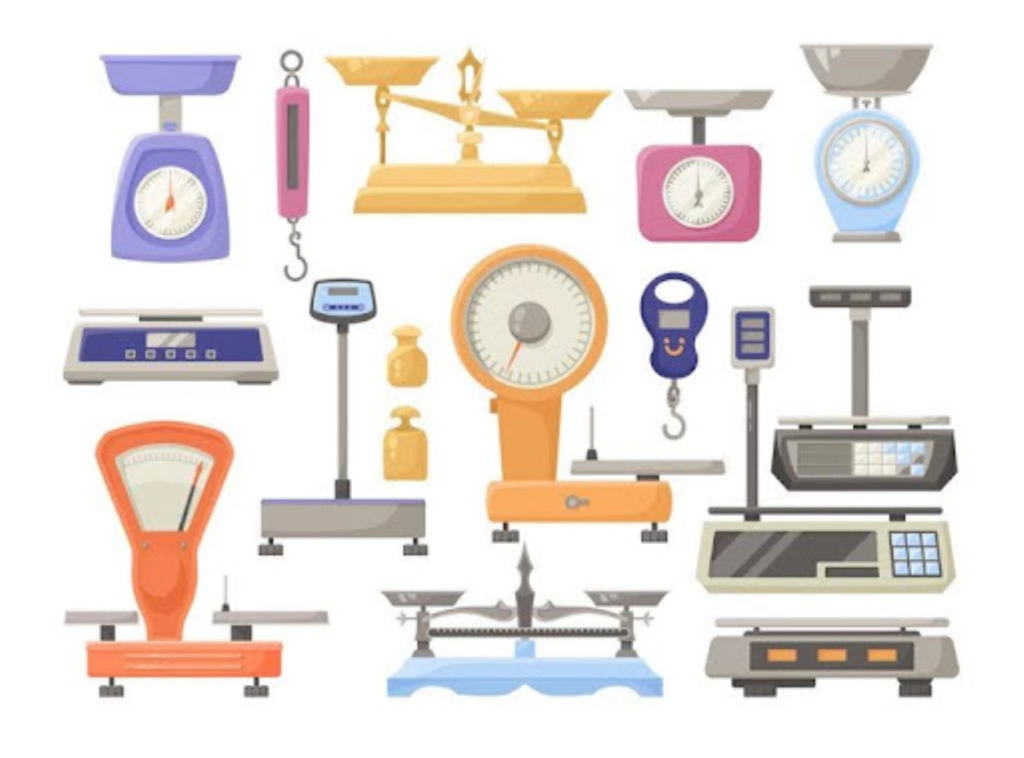Weighing machines play a crucial role in various industries, providing accurate measurements that are essential for quality control, pricing, and safety. From laboratories to retail stores, each industry has specific weighing requirements, and understanding the different types of weighing machines and their suppliers available can help you choose the right one for your needs.
This blog will explore various types of weighing machines used across different industries, highlighting their unique features and applications.
Different Types of Weighing Machines For Various Industries
1. Analytical Weighing Balances
Analytical weighing balances are precision weighing instruments that are mostly used in laboratories and research centres. These balances are intended for the accurate determination of small masses with a precision of up to 0. 0001 grams. They are used in activities like chemical testing, drug preparation, and other related scientific processes, where the slightest differences in weight are very important. Analytical balances are designed in a way that they are enclosed hence minimizing the effect of environmental factors such as air drafts.
2. Jewellery Scales
Jewellery scales are specific sorts of weighing instruments used to weigh precious metals, gems and other small valuable articles. Pricing errors are crucial in this industry because even the tiniest of variations can cause massive differences in financial returns. Jewellery scales usually come with graduations in grams, carats or ounces and usually come with tare facilities, calibration, and backlit digital displays. They are commonly employed by jewellers and in the production of jewellery.
3. Commercial Weighing Scales
Weighing machine suppliers also have numerous commercial weighing scales that are versatile tools used in various industries, from retail to logistics. These scales come in several forms, each tailored to specific applications:
- Tabletop Scales: Tabletop scales are perfect for small businesses, sweet shops, kirana shops and retail stores as they are portable and very easy to use. They are mostly applied in the weighing of products before they are sold; hence the price is based on the weight.
- Price Computing Scales: These scales are fitted with a price computing feature through which the cost of the products can be determined depending on the weight in a short span of time. They are commonly applied in grocery stores, poultry shops, delis and markets.
- Piece Counting Scales: Piece counting scales are quite crucial in hardware shops, production and packaging industries because they assist in counting similar items by weight. These functions are of most importance in managing inventory and quantity of products that are produced.
- Platform Scales: Platform scales are used to weigh larger and heavier items than the tabletop ones and are designed in the same manner. These are often employed in warehouses, shipping offices and other industries where bulk packages or pallets have to be weighed.
- Special Application Indicators: These scales are designed for typical applications like bigger displays, or data transfer that require additional circuitry. They are usually applied in some specific fields such as packing and check weighing, food processing, or construction sites.
- Hanging Scales: Hanging scales are used for weighing objects which cannot be put on the flat surface. They are common in poultry, fishing, agricultural and transport industries where the items are hanged for weighing.
- Industrial Weighing Scales: The industrial scales are meant to be used for the large applications such as weighing of raw materials, large containers or even vehicles. These scales are commonly used in manufacturing industries, construction industries and the logistics industries where large quantities of products need to be weighed.
- Kitchen Scales: Kitchen scales are also employed in homes, but they also have their uses in the food industry as well. They are used to measure quantities of ingredients in recipes, and portions of foods in food preparation services.
4. Health Weighing Scales
There are specific weighing machine suppliers who deliver health weighing scales meant for measuring body weight and other health-related factors and are thus very useful in health facilities. These scales come in various forms; these are as follows,
- Baby Weighing Scale: For use in hospitals, clinics, and pediatrics, baby weighing scales are made to weigh babies with a high level of precision and comfort. They come with a baby bowl for the baby which makes it convenient to weigh infants.
- Person Weighing Scale: These scales are normally used in homes, gyms and other health facilities. They are easy to use and offer instant weight readings and some advanced machines also calculate and show other body parameters such as body fat percentage, BMI, muscle mass and many more.
- Growth Monitoring Devices: Growth monitoring devices are used to assess growth of a child at different intervals with information on height, weight and other growth parameters. They are basic instruments in pediatric practice, used to assess whether or not the children are growing properly.
- Adult Weighing Scales: Like the person weighing scales, but with the ability to take more weight, the adult weighing scales are used in health and fitness to weigh and check on the health of a person. These weighing scales are robust and are also used extensively in hospitals and other health care centers.
- Body Mass Index (BMI) Scale: BMI scales determine body mass index, with the help of automatic height and weight sensors. These scales also show you how overweight or underweight you are. These scales are used in health facilities, fitness centers, schools, army recruitment centers and other facilities that offer wellness services to evaluate and observe the potential risks associated with weight.
5. Weighbridges
Weighbridges are large scales that are used to weigh vehicles and the loads that they carry. They are used in the transport sector, construction, and agriculture, whereby tracking the weight of vehicles is important for safety and legal requirements. Weighbridges are usually placed at the incoming and outgoing gates of the facility to calculate the vehicle’s load.
Conclusion
To be able to make the right choice of weighing machines suppliers, it is crucial to identify the types of machines that exist in the market and the industries that use them. Whether it is a laboratory requiring a precision balance or an industrial environment that requires a platform scale, the right choice of the machine guarantees the required level of accuracy, increases the rate of work, and contributes to quality control.
To get an extensive list of quality weighing solutions, one should consider expanding the opportunities of cooperation with Nitiraj Engineers Ltd. (PHOENIX).



